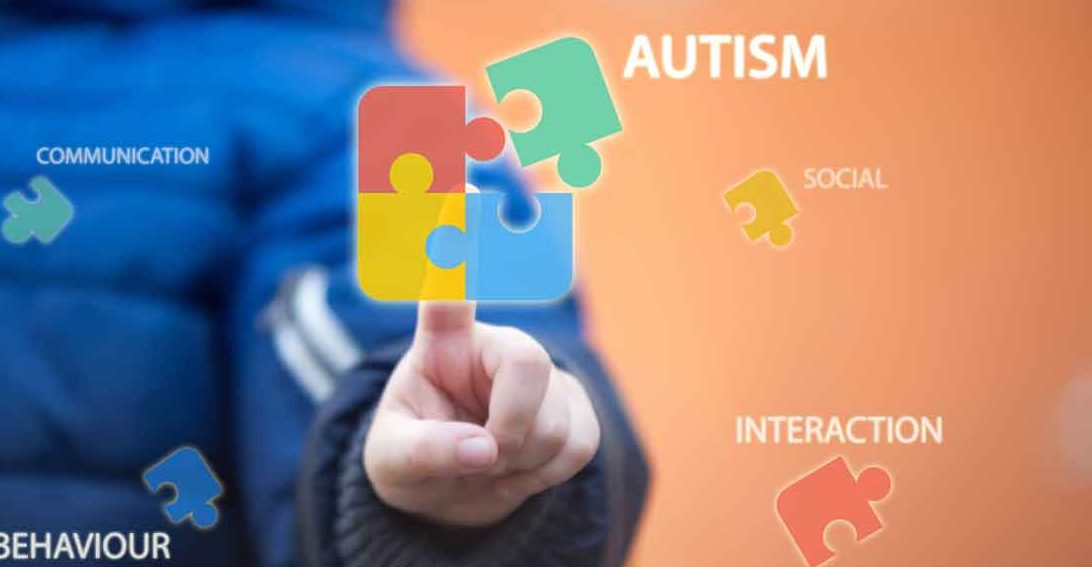Early Signs of Autism

Detection often occurs when your child is at least two. But you or a teacher who spends a lot of time with your child may recognize the early signs of autism.
One in 36 children born in the United States has an autism spectrum disorder, according to the Centers for Disease Control and Prevention. Despite that number, physicians usually do not diagnose babies until they are at least two years old. In many cases, diagnoses are made during preschool and kindergarten.
My child's story
A teacher who spends a good deal of time with your child will often notice the early signs of autism before others do. In my house, our doctor told us not to worry about it and that our child will eventually catch up to his peers. It wasn’t our doctor’s fault because the autism symptoms vary and, back then (20 years ago), we knew a lot less about autism than we do now.
As a mom, I knew something was off because my child didn’t speak until he was almost five. His hearing was tested numerous times.
YOU MIGHT ALSO LIKE: Catch Autism Earlier with a Hearing Test
Fortunately, there are tests for early signs of autism in babies. The American Academy of Pediatrics calls for screening for early signs of autism in toddlers between the ages of 18 and 24 months because those are the ages when screenings are most effective. A study at the University of California-San Diego School of Medicine suggests screening for signs of autism in babies as young as one.
Early signs of autism in children
Early detection is essential because early intervention can help. Your child may have autism symptoms if:
- He’s not smiling. Between 6 and 9 months, most babies smile or make other facial expressions.
- She’s not making sounds. By 12 months, your child should babble.
- He’s not making gestures. Also at 12 months, your child should be able to point and wave.
- She’s not talking. Most children can speak a few words by 16 months.
- He’s not repeating words. By the age of two, most children repeat two-word phrases and can imitate sounds.
- You notice loss of speech. That was the case with my son. He stopped talking at the one-year mark.
- She has poor eye contact. A lack of eye contact can indicate a lack of communication and comprehension.
Autism Speaks provides a checklist for parents to find out if their toddlers have any of the telltale signs.
YOU MIGHT ALSO LIKE: Our Autism section
What you should know about the autism spectrum
Why your child may be on the autistic spectrum isn’t a simple answer. The good news is that researchers know more about it today than even a handful of years ago. Scientists have identified more than 100 genes or gene mutations that can cause autism. Other factors include the age of a parent giving birth, premature births with low birth weights, the health of the parent, and certain birth complications. Studies on the causes and treatments continue.
Parents also should understand that it’s a “spectrum,” meaning a range, and that every child with autism is unique. A good percent of children with autism are high functioning; some have exceptional abilities in academics, music, and art. According to Autism Speaks, about 40 percent have intellectual disabilities.
Every parent of a child with autism should enroll them in an early intervention program. If you suspect your child is on the autism spectrum, talk to your child’s pediatrician. You can also talk to the Early Intervention Services department at your child’s school. Research shows that early diagnosis and early intervention gives children the best opportunities to improve overall functions.
YOU MIGHT ALSO LIKE: How to Get Children with Autism to Play
Updated:
April 03, 2023
Reviewed By:
Janet O’Dell, RN